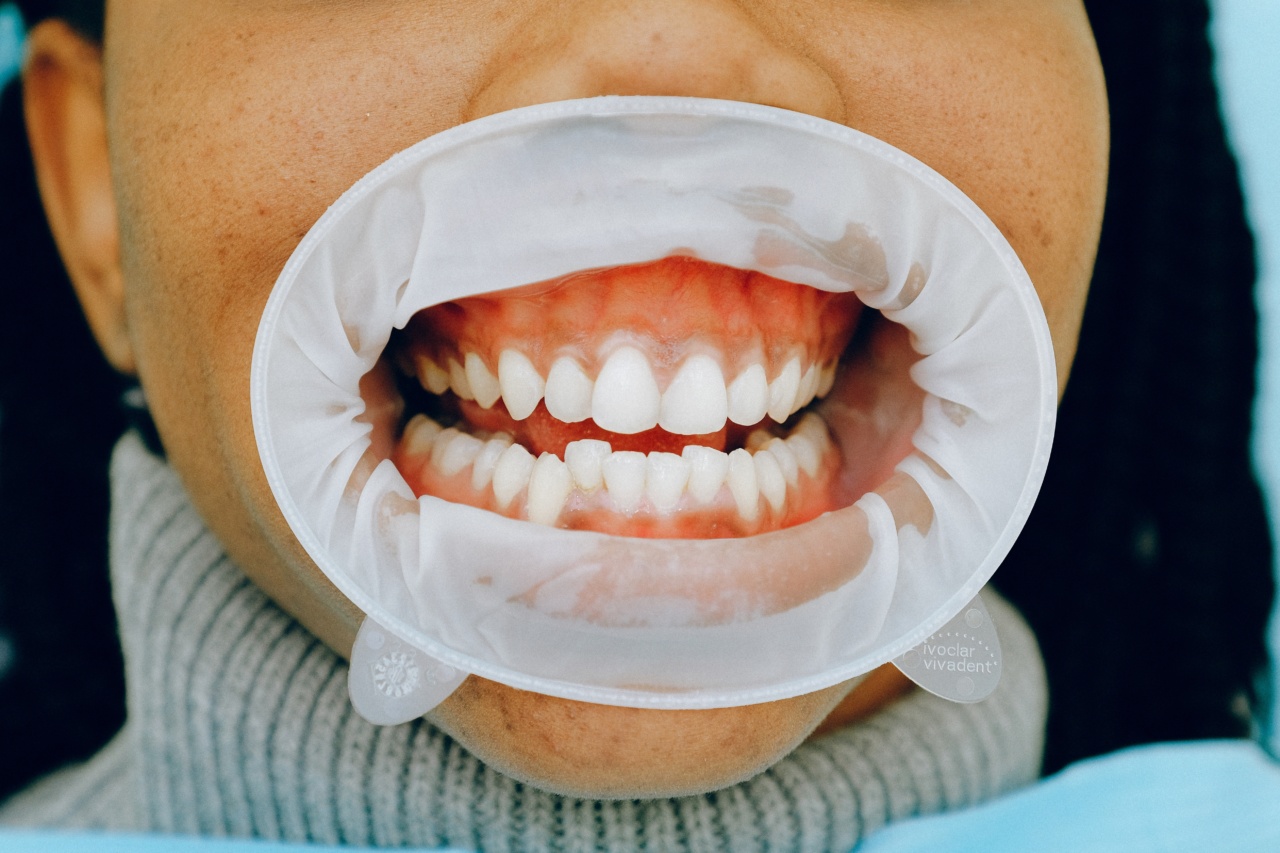Bleeding gums are one of the most common oral health issues faced by people. It is usually an indication of an underlying problem and should not be ignored.
If left untreated, it can lead to severe consequences like gum disease, tooth loss, and other serious health issues. In this article, we will take a closer look at what causes bleeding gums and how you can prevent it.
What Causes Bleeding Gums?
There are several different reasons why you may be experiencing bleeding gums. Here are some of the most common causes:.
Gum Disease
The most common reason for bleeding gums is gum disease. Gum disease is a bacterial infection that affects the tissues and bones around your teeth. Symptoms include red, swollen, and bleeding gums, bad breath, and loose teeth.
If left untreated, gum disease can lead to tooth loss and other oral health issues.
Brushing Too Hard
Brushing your teeth too hard or using a hard-bristled toothbrush can cause your gums to bleed. Be gentle while brushing, and aim for a soft-bristled toothbrush to prevent damaging your gums.
Flossing
If you haven’t flossed for a while, your gums may start to bleed when you start flossing again. This is because your gums are not used to the pressure of flossing. Continue to floss regularly, and the bleeding should stop within a week.
Poor Nutrition
A lack of vitamin C and K can weaken your gums, making them more susceptible to bleeding. Make sure you are getting enough vitamins and minerals in your diet by eating a healthy, balanced diet.
Mouth Sores
Mouth sores, such as canker sores or cold sores, can also cause your gums to bleed. These sores can be painful and uncomfortable, but usually, go away on their own within a week or two.
How to Prevent Bleeding Gums?
In most cases, bleeding gums can be prevented by taking good care of your oral health. Here are some tips to help you keep your gums healthy:.
Brush and Floss Regularly
Brush your teeth twice a day, and floss at least once a day to remove plaque and food particles that can cause gum disease. Use a soft-bristled toothbrush and be gentle while brushing.
Eat a Balanced Diet
Eating a healthy, balanced diet that is rich in vitamins and minerals can help strengthen your gums and prevent bleeding. Make sure you are eating plenty of fruits, vegetables, and whole grains.
Avoid Tobacco Products
Tobacco products, such as cigarettes, chewing tobacco, and cigars, can damage your gums and increase your risk of gum disease and other oral health issues.
Visit Your Dentist Regularly
Regular dental checkups and cleanings can help prevent gum disease and catch any issues early on. Your dentist can also recommend treatments and products to help keep your gums healthy.
When to See a Dentist?
If you are experiencing bleeding gums, it is best to schedule an appointment with your dentist to determine the underlying cause and appropriate treatment.
Your dentist may recommend a deep cleaning, treatment for gum disease, or other oral health care measures.
The Bottom Line
Bleeding gums are a sign of poor oral health and should be taken seriously. By taking good care of your teeth and gums, you can prevent bleeding gums and other oral health issues.



























